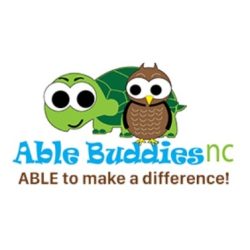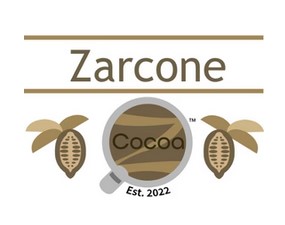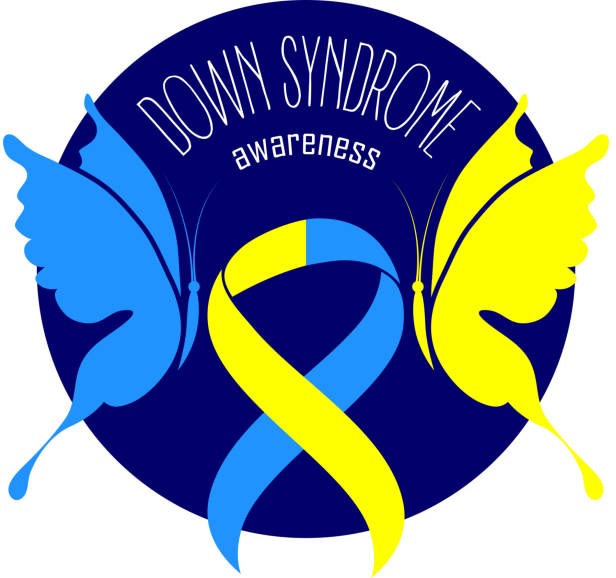What is the special end of the spectrum? Why doesn’t the world see anything good about special needs people? There are a lot of questions to challenge the world around us once our eyes are opened to a different perspective. Special needs people are amazingly gifted and talented people that the world just doesn’t value enough because of so many stigmas going around. The truth is, some of the most famous and wealthiest people we don’t realize have Autism and there’s lots of people with Down Syndrome that live very inspirational lives. Therefore, we should not be quick to judge.
The Stigma
Our world has accepted today that people with special needs like Autism, Down Syndrome and etc. don’t fit into society and are incapable of things like socialization, decision making, and independence. While life can be challenging for special needs people, this stigma is invalid and they are capable of these goals, normally, with a little assistance. People who make up these stigmas are usually very closed minded. People may have accepted those stigmas in recent years and even today, but they don’t see how people with special needs benefit our world.
Examples of How Autism and Others Changed The World
With Autism as one of the biggest voices in learning differences, there are lots of examples of how people with Autism and other differences changed the world. Multi-billionaire founder of SpaceX and big investor in Tesla Motors, Elon Musk, has stated in some interviews that he is on the spectrum. Also, co-founder of Microsoft, Bill Gates, is now a famous business magnate and philanthropist who some people have stated that he quite possibly possesses a lot of autistic traits.
There are plenty of examples of people with Down Syndrome who were famous, but remember, you don’t have to be rich or famous to live an inspiring life in general. Just work hard and be content with what you have.
Lastly, there’s one last person to mention who is on the special end of the spectrum. Can you guess? It’s Aiden Zarcone! He’s started a cocoa company and plans on starting a mobile ice cream shop and using his business as a ministry to serve God and share the Gospel.
Conclusion



